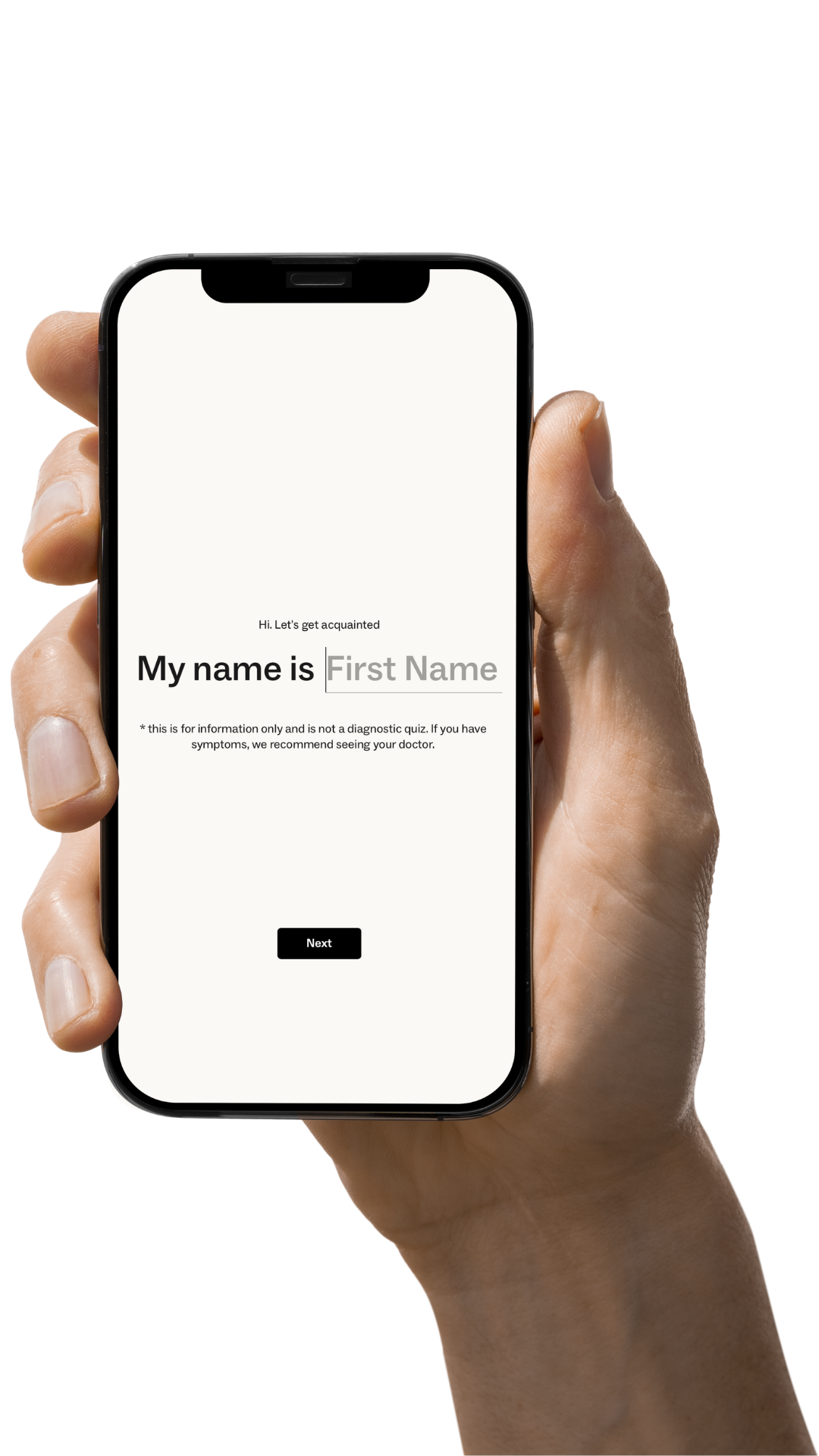Regenerating your gut health doesn't have to be boring. We counter, that it should not be boring. No one likes boring. Everyone likes Marshmallows. You can trick your friends and family into thinking they aren't healing their gut whilst enjoying your "secret ingredient" marshmallows. Watch their face when you tell them it's collagen (gelatin is basically collagen).

Ingredients
- 1 cup water, divided
- 3 tbsp good gut gelatin
- 1 tbsp perfectly pure collagen
- 1/2 cup honey or maple syrup
- 1/4 tsp salt
- 1 vanilla bean, scraped (or 1 tsp vanilla extract)
- 1 tbsp cacao powder
- 30ml boiling water
- 1/2 cup cacao powder
Method
- Pour 1/2 cup of water into the bowl and sprinkle the gelatin on top. Allow the gelatin to bloom for at least 10 minutes.
- Place the cacao powder in a small bowl. Add the boiling water and stir until you have a smooth paste. Set aside.
- While the gelatin is blooming, add the remaining 1/2 cup water, honey and salt to a small pot. Heat on medium-high and stir the mixture for the first minute only, keeping a close eye that it doesn't boil over. Cook for approximately 12-15 minutes.
- Turn your mixer on low to break up the gelatin and slowly and carefully pour the sugar mixture on top. After 1 minute add your cacao paste. Gradually increase the speed to high and beat until the mixture has tripled in size, resembles marshmallow fluff and is cool to the touch. This should take approximately 8-10 minutes. In the last minute, add the vanilla bean or vanilla extract and collagen.
- While the marshmallow is beating, line a 9x9 pan with parchment paper. Sprinkle the cacao powder onto the parchment paper.
- Pour the marshmallow onto the pan and quickly flatten the top with an offset spatula. Sprinkle some cacao powder on top and allow to set a minimum of 6 hours or overnight.
- Remove the parchment paper from the marshmallow, then invert the marshmallow onto a cutting board, dusted with more cacao powder if needed.
- Using a sharp knife, cut the marshmallow into squares.
- Eat the marshmallows immediately or place in a storage container for 1-2 days.

